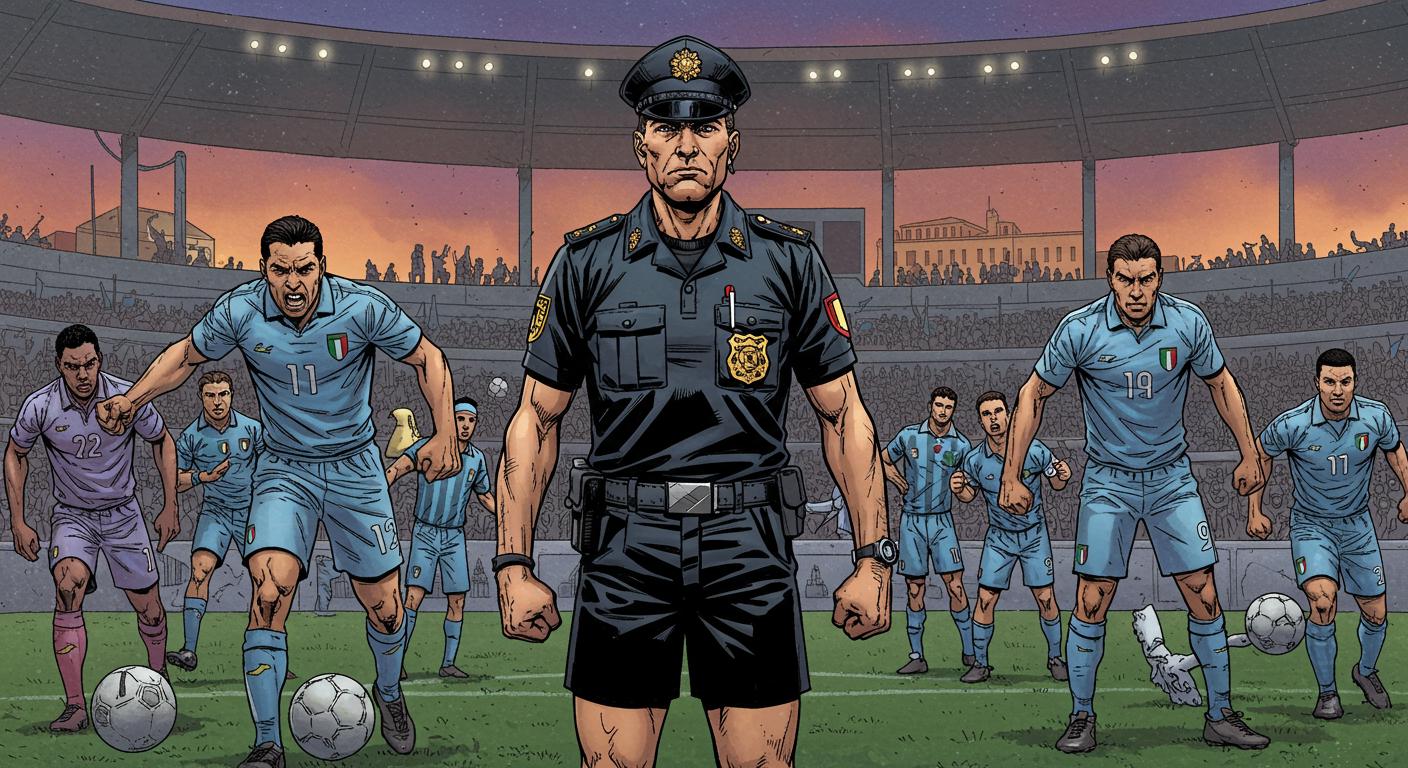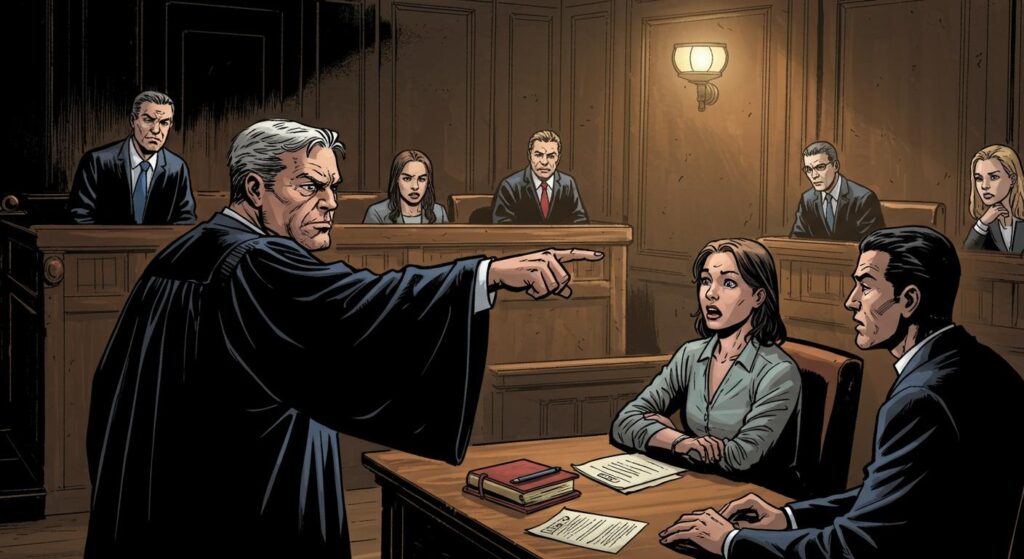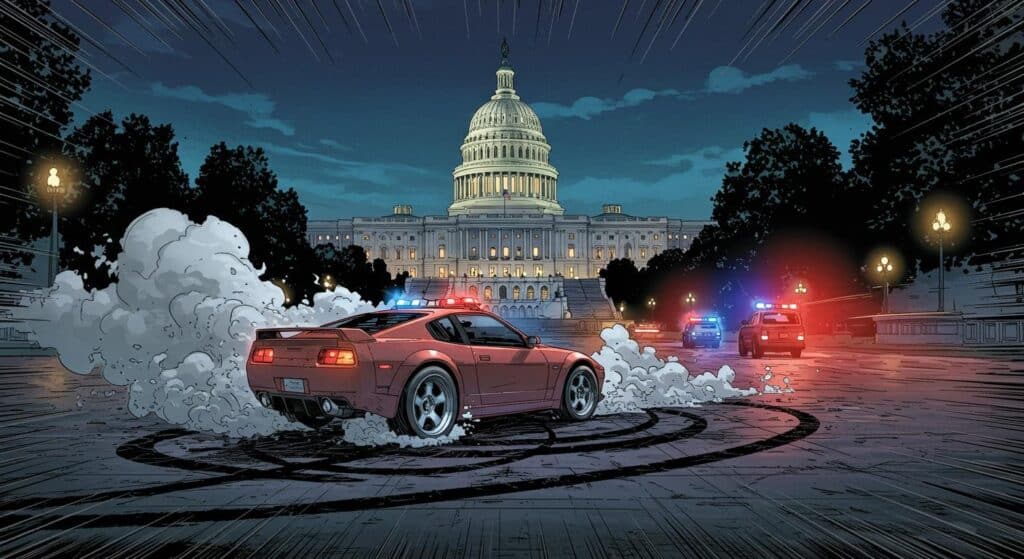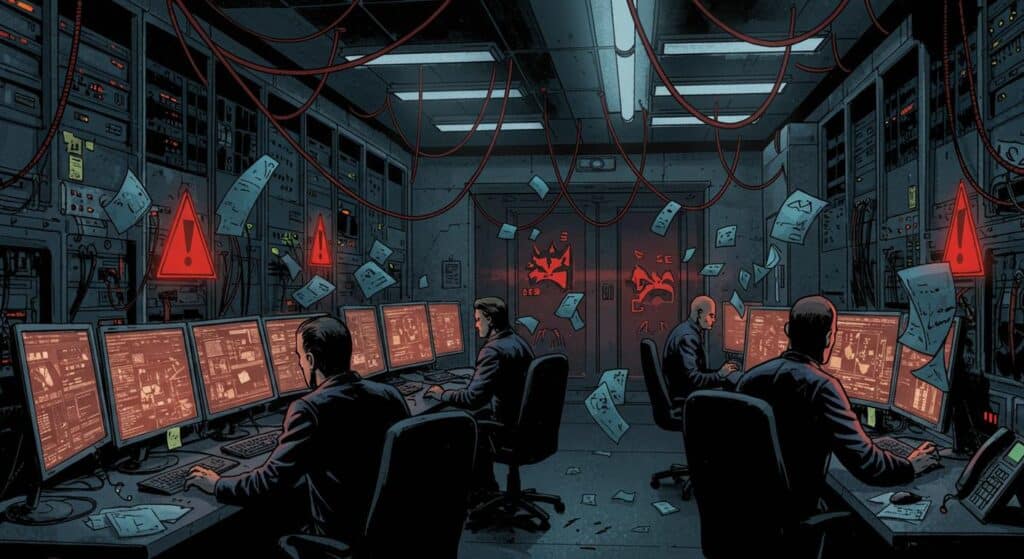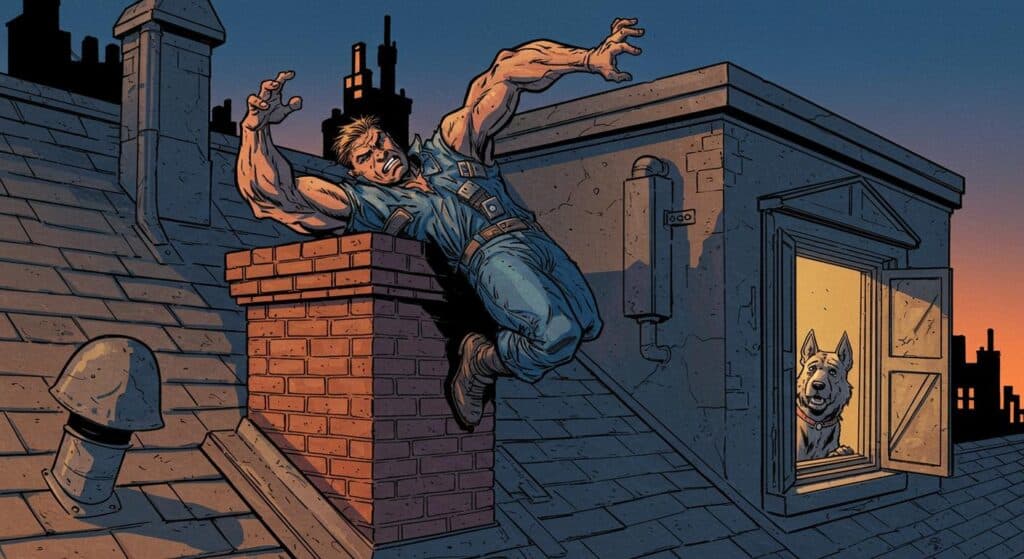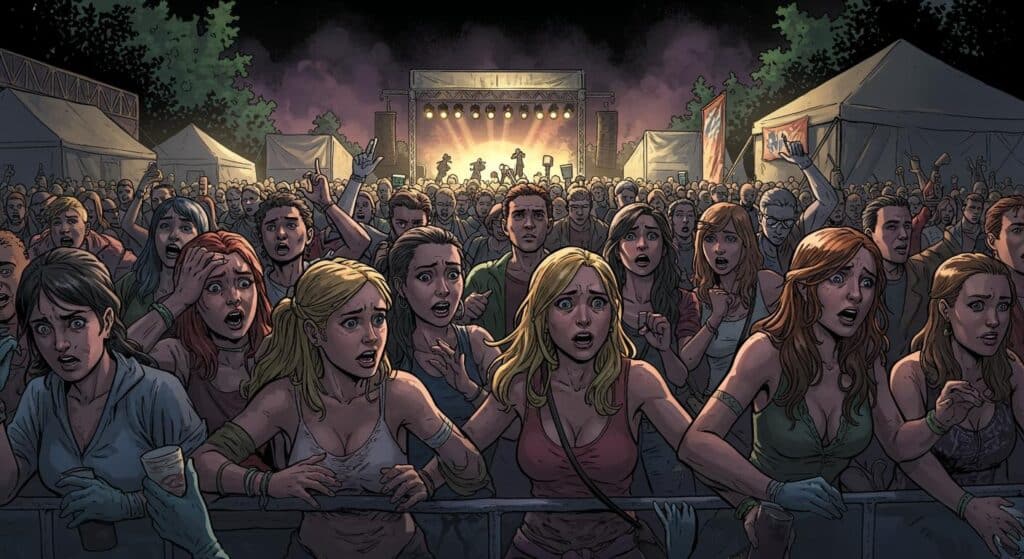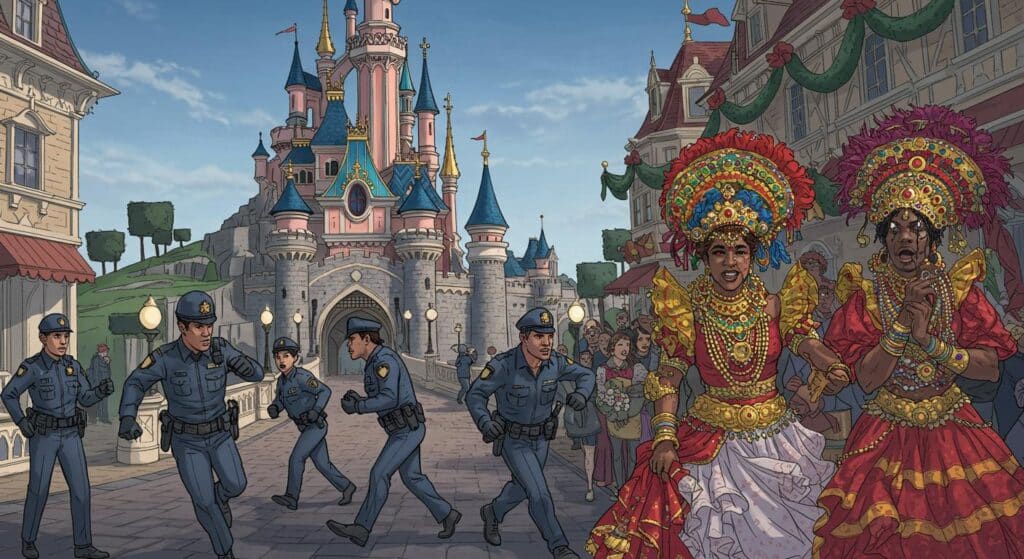It’s official: In Italy, the whistle-wielders have been granted legal status befitting their most cartoonish criticism—now, hassling a referee is, quite literally, fighting the law.
According to Sweden Herald’s recent coverage, Italy has amended its penal code so that referees are classified as public officials during matches. Attacks or threats against them will carry penalties on par with those for offenses against police officers, including potential jail time. Let that sink in: berating a linesman for a dodgy offside call just entered a new legal stratosphere. Turns out, “protect the refs” is no longer just a well-meaning slogan—it’s a legislative reality.
Law and Order, Press Box Edition
As documented by Sweden Herald, this legal shift follows ongoing negotiations involving the Italian government and the football referees’ association, sparked by a marked uptick in violence and threats against referees. Sports Minister Andrea Abodi, invoking a sense of civic duty not usually associated with yellow cards, emphasized that such measures were needed to safeguard sports officials the same way society protects other figures of authority. In remarks quoted by Sweden Herald, Abodi explained that referees “should be treated like police officers,” highlighting the intent behind the new rules.
What stands out is the scope: It’s not only football, but all sports; not only referees, but assistant referees and event safety personnel too. The new rules sweep in anyone donning a badge, flag, or reflective vest at a sanctioned sporting event. Which, you have to wonder, makes for an interesting gig if you’re moonlighting as an umpire and a parking attendant. Is there a special handshake now?
From Sideline Screamers to Felons?
The timing isn’t random. Sweden Herald reports that Italy has been grappling with a surge in sideline hostility, especially in football—pitch invasions, threats, and the kind of “passion” that ends with someone hurling both epithets and, occasionally, objects. The outlet notes that imprisonment is now included in the penalty scale, which, when you think about what’s traditionally handed out after a bad call (boos, maybe some spittle), feels like a sign of just how escalated things have become.
Still, you have to ask: will equating referees to police officers actually turn down the dial on crowd fury? Or will flashpoints simply simmer in less public ways, relocating the drama from pitch to parking lot? Laws can reshape behavior, sure—but rarely overnight, and rarely without a few unintended consequences. One imagines future match reports reading more like police blotters: “Match was suspended in the 79th minute following a VAR review and the subsequent arrest of a particularly animated supporter.”
The Surreal Logic of the Sidelines
It’s worth pausing at the strange crossroads where the worlds of sportsmanship and state authority intersect. A few decades ago, refs existed in a kind of sporting no-man’s land: necessary, widely maligned, but insulated from direct legal entanglement. Now, in Italy at least, a heated tongue-lashing might escalate into a court case, the match summary appended with a penal code citation.
As the Sweden Herald points out, the lawmakers’ intent is clear—drawing a red line where once there was only chalk. But the entire saga raises questions about the social weather in the stands. Have we drifted so far from the “it’s only a game” ethos that only the threat of jail time can bring back a semblance of order?
Of course, in a country where football is close to a religion, the stakes (and tempers) have always been high. But if the person issuing the second yellow card is now, in a sense, judicially armored, what new rituals will emerge between refs and fans? Do we send apology bouquets with our appeals, or just hope our critiques don’t land us before a magistrate?
New Era, New Risks
Described by Sweden Herald, the legal change came after months of debate, suggesting deep-set concerns not only about safety, but about the ability of sporting events to maintain some sense of civil play. While it’s easy to make light of the more absurd possibilities (“Citizen’s arrest for too many stoppages!”), the underlying reality is less amusing: threats against officials have moved from exasperated muttering to outright violence.
Perhaps, then, this bold legislative experiment will become a model—or cautionary tale—in other countries locked in similar struggles with sideline rage. For now, Italian referees can enjoy an odd sort of status: neither universally loved nor ignored, but embedded in the legal machinery of the state. Is it excessive, or overdue? As always, the answer may depend on what side of the whistle you’re on.

